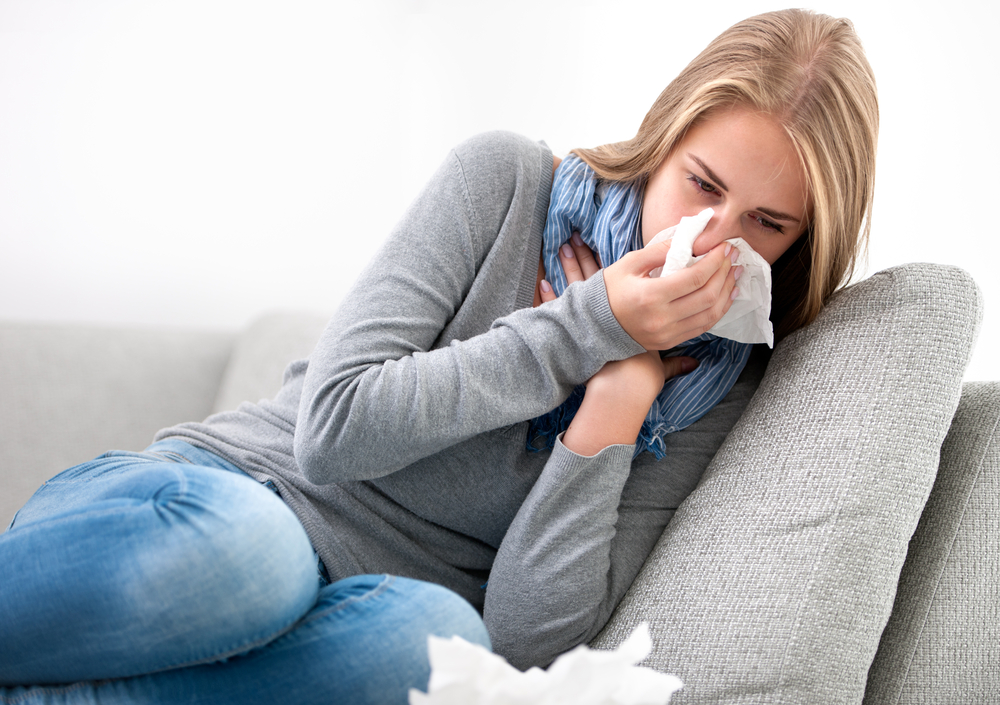4 Essential Things To Know About Allergy Treatments
4 essential things to know about allergy treatments
We come in contact with several things throughout the day, and most of these are potentially harmless. However, there are certain seemingly harmless components in the environment that can cause severe distress to people who are vulnerable to it. This vulnerability can be attributed to the person’s body’s mechanism, a pre-existing condition, or genetic susceptibility.
The components present in the environment that can cause brief periods of distress are called allergens, and the resultant conditions they trigger are known as allergies.

Allergens are present everywhere in the environment and the best way to steer clear off triggering an allergy is to stay away from potential allergy triggers; if this doesn’t work, you can always opt for the best allergy treatments to bring the situation under control.
Read on to know more about the different allergens present in the environment and effective treatment methods to manage allergies.
Which are the common allergens found in the environment?
- Allergies are caused when the immune system goes into an overdrive and attacks the harmless foreign substance as it believes that these substances pose a threat to the body.
- These foreign substances, also known as allergens, are found everywhere in the environment, and it is the individual’s body mechanism which causes the immune system to react unfavorably to it.
- The most common allergens that are known to trigger one or the other type of allergy include airborne allergens like pollen, dust mites, animal dander, and mold; certain foods like tree nuts, wheat, fish, soy, peanuts, shellfish, milk, and eggs; medications, especially penicillin or penicillin-based antibiotics; insect stings, such as bee or wasp sting; and, latex or other substances you touch.
- It is imperative to identify the allergen that triggers your allergy and undertake necessary efforts to prevent the onset of an allergy.
What is anaphylaxis?
- As mentioned earlier, allergic reactions can range from moderate to severe, and anaphylaxis is a severe allergic reaction a person experiences when they come in contact with an allergen.
- Anaphylaxis escalates quickly and can prove fatal unless one undergoes emergency allergy treatments.
- This allergic reaction is characterized by the occurrence of several different symptoms that can appear a few minutes or hours later after being exposed to the allergen.
- Identifying the symptoms of an anaphylactic allergic reaction can prove life-saving as one can seek timely medical help.
- The symptoms include the appearance of hives all over the body, swollen tissues, runny nose, burning sensation, swollen throat and tongue, shortness of breath or wheezing, diarrhea, vomiting, low blood pressure and slow heart rate, dizziness and fainting, and loss of bladder control.
Is it advisable to buy over-the-counter allergy medicines?
- One of the common practices of countering the effects of allergies is to buy over-the-counter (OTC) medications.
- The most common OTC medicines that people buy include antihistamines, which are known to block the action of the allergy-trigger histamine.
- Decongestants are another popular OTC medications that people opt for. These prove instrumental in unclogging the blocked nose caused by hay fever, dust allergy, or pet allergy.
- Steroid sprays are also bought as OTC medications and are applied to the inside lining of the nose to reduce nasal congestion.
- OTC medications are often the easiest form of allergy treatments you can choose, but it is extremely dangerous to buy these medicines without consulting a physician. Prescription medications from the doctor can be more effective than the OTC medicines.
Which are the common treatments for allergies?
- Allergy treatments vary according to the type of allergy the individual is currently suffering from. The most common and popular treatments for allergies include the use of medications such as antihistamines, decongestant sprays, leukotriene receptor antagonists or anti-leukotrienes, and steroid sprays.
- Another popular form of allergy treatment is immunotherapy. In this process, the allergens are administered in increasing amount over a period of time to condition the body’s response to the allergen trigger.
- Home remedies are known to make allergies manageable. These home remedies include making necessary changes to one’s diet, apple cider vinegar, Quercetin, stinging nettle, and neti pot.
- It is advisable to consult your doctor before undergoing any allergy treatment.
Tags- allergy treatments


